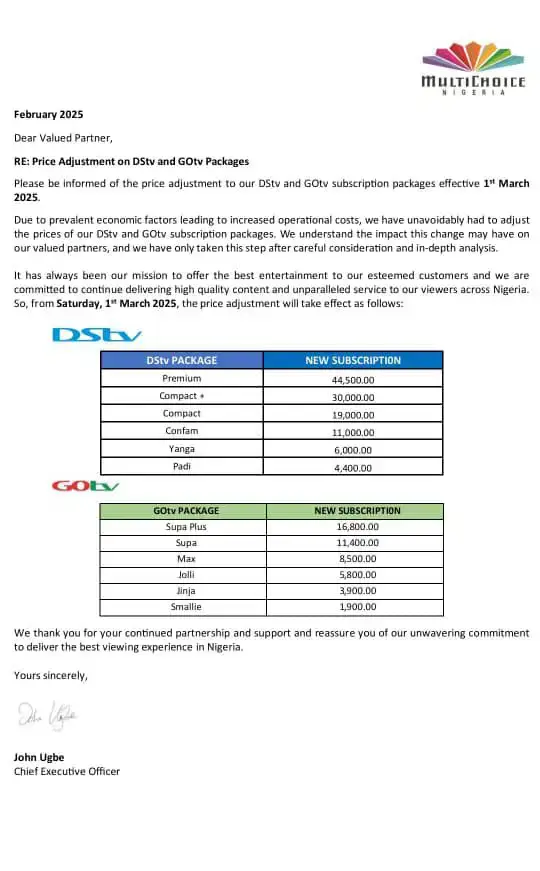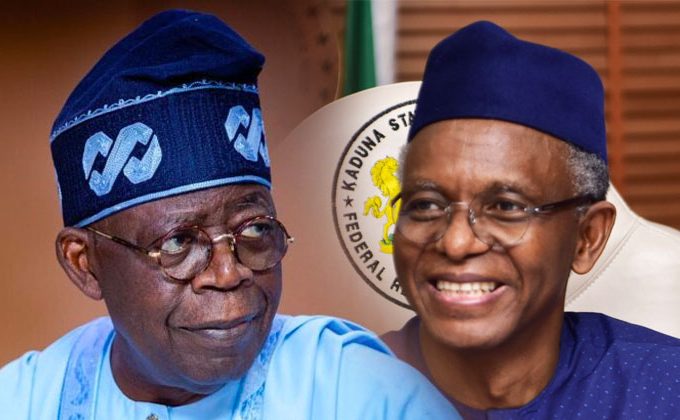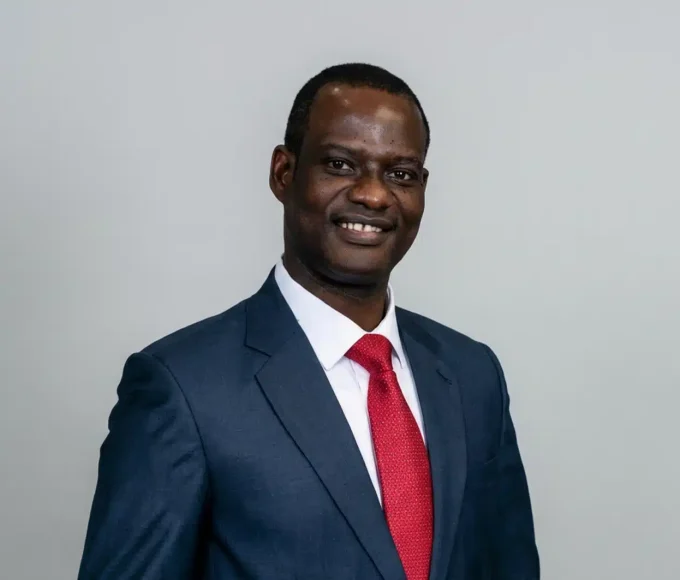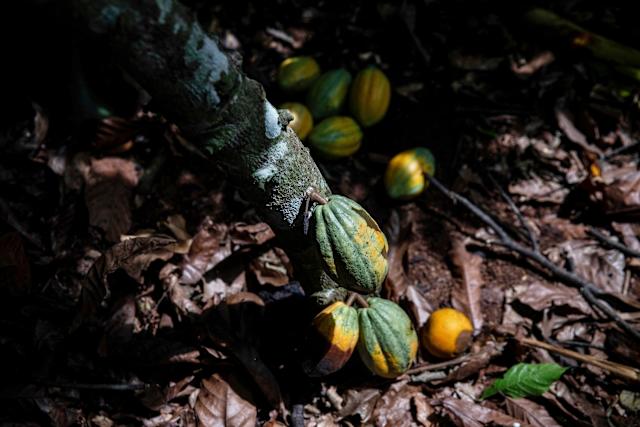
MultiChoice Hikes DStv, GOtv Subscription Prices Again, Citing Inflation

MultiChoice Nigeria has announced another increase in the subscription prices for its DStv and GOtv packages, effective March 1, 2025. The company attributed the adjustment to rising operational costs driven by currency depreciation and inflation.
In a notice sent to customers on Monday, the company said the adjustment was necessary to continue delivering content despite rising operational costs.
Dear Customer, please note that effective 1 March 2025, there will be a price adjustment on all DStv packages. This is to enable us to continue to offer our customers world-class homegrown and international content, delivered through the best technology, MultiChoice stated.
Under the new pricing structure, the DStv Compact package will rise from N15,700 to N19,000, a 25% increase. Compact Plus will increase from N24,500 to N30,000, while Premium will go from N37,000 to N44,500, reflecting a 20 per cent hike.
GOtv subscribers will also face higher costs. The GOtv Jinja package will increase from N3,600 to N3,900, GOtv Jolli from N4,850 to N5,800, and GOtv Max from N7,200 to N8,500. GOtv Supa will now cost N11,400, up from N9,600, while GOtv Supa Plus will move from N15,700 to N16,800.

This marks yet another price review by the pay-TV operator. In 2023, MultiChoice raised its prices twice, in April and November, followed by another increase in May 2024. The repeated hikes have led to a significant drop in subscribers. In September 2024, the company reported losing 243,000 customers across its DStv and GOtv services within six months.
Despite the declining subscriber base, MultiChoice insists the latest price adjustment is necessary to sustain operations in Nigeria’s challenging economic climate. Similarly, telecommunications giants MTN and Airtel recently increased their tariff rates by 50 per cent, attributing the hike to inflation and the rising cost of operations. These hikes bring more frustration to service users in Nigeria, many of whom are already struggling with the increasing cost of essential services.
Read More:
- Mali Calls on U.S. to Address Alleged Misuse of Aid Funds in Terrorism Financing
- Nemsia Studios Unveils Action-Packed Film, Suky
About The Author
Related Articles
Tinubu Deducts N100bn Monthly From Federation Account Without Approval El-Rufai Alleges Says Action Deserves Impeachment
Former Kaduna State Governor Nasir El-Rufai has launched a blistering attack on...
ByWest Africa WeeklyJanuary 26, 2026After Taiwo Oyedele’s Denials, Lagos State Activates ‘Power of Substitution’ Under Tinubu-Altered Tax Law, Allowing Authorities to Redirect Payments Without Court Orders
Lagos State has moved to activate a controversial enforcement provision in the...
ByWest Africa WeeklyJanuary 26, 2026Ivory Coast to Buy Unsold Cocoa to Support Farmers
Ivory Coast has announced a government plan to purchase unsold cocoa stock...
ByWest Africa WeeklyJanuary 23, 2026Ghana Moves to Reclaim Kwame Nkrumah’s Former Residence in Guinea
Ghana has embarked on a diplomatic and cultural initiative to reclaim the...
ByWest Africa WeeklyJanuary 23, 2026












Leave a comment